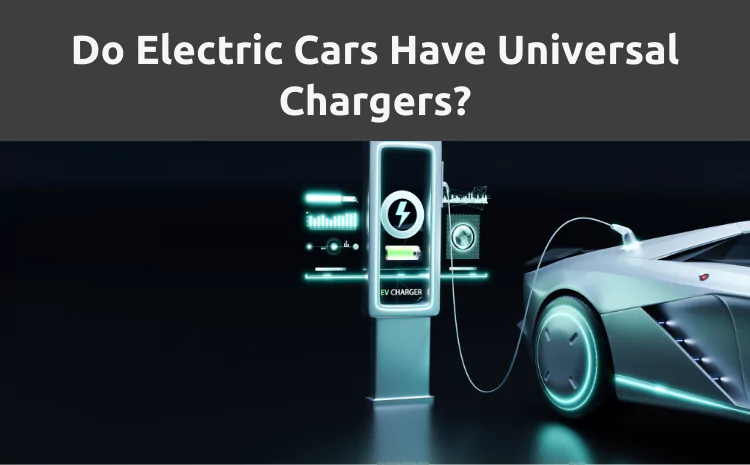Thanks to significant technological strides, electric cars are now more ubiquitous and affordable than ever. Even with this, many EV enthusiasts still face the same issue of old — how to charge them. Do all electric cars use the same type of charger? For instance, will a Tesla charge with the same charger as a Polestar or Volkswagen EV?
Although we would love to make this as direct as yes or no, there is no definitive stance. Depending on the car model, manufacturer, battery capacity, connector, and region, there are various types of chargers best suited to different cars.
Types of Chargers
Electric Vehicles use two major types of chargers: alternating current (AC) and direct current (DC) charging stations. Distinguishing these two requires a bit of physics. You see, alternating current is the regular type of electricity you’re used to – the one you use in powering your home and everyday appliances.
On the other hand, DC current is more suited for electricity transmission through long distances. It carries remarkably more voltage than AC current and would typically have to be converted by a transformer to DC to be used in an AC unit.
Most EV batteries are only chargeable using direct current. However, because electricity mainly comes from the grid as AC, alternating charging stations need to convert AC electricity to DC before delivering it to a car battery. DC charging stations don’t have to go through this conversion process, as they can be directly supplied to the car battery.
Typically, AC charging stations are slower than DC charging stations, having lower power output and needing more time for the conversion process. The upside, however, is they are cheaper and easier to install, as they can use existing power outlets and wiring. They are suitable for home or workplace charging, where you can easily plug your EV for hours or leave it to charge overnight.
DC charging stations are usually faster than AC charging stations. These charging stations are usually seen on the roadside or in parking lots. However, they are more expensive to install because they need a dedicated power supply and specially-built wiring. A DC charging station is suited for situations where speed is a priority and the car needs to be topped up quickly. Say your car batteries run down on the road, for example.
Types of Electric Vehicle Connectors
Since EVs became a mainstay, several manufacturers and a consortium of car makers have introduced different types of charging port connectors at one point or the other. The connector type depends on the car model, the charger type, and the region. Some of the most common connectors are:
- Type 1 (SAE J1772): Also known as the J Plug, this is a single-phase AC connector mainly used in North America and Japan. Its ability to deliver up to 7.4 kW of power makes it optimal for slow or fast AC charging.
- Type 2 (Mennekes): The Type 2 connector can work as a single-phase or three-phase AC connector, and it has power capabilities to deliver up to 43 kW of power. This standard is widely popular in Europe for slow and rapid AC charging.
- CCS combo Type 1: CCS, short for Combined Charging System, is a type of connector that combines AC and DC. It was designed for more efficiency to allow EV vehicles to use a single port for AC and DC charging. With capabilities of discharging up to 350 kW of power, it is now widely adopted in North America for ultra-fast DC charging.
- CCS combo Type 2: Similar to the CCS Type 1, this combined AC/DC connector delivers up to 350 kW of power. It is the standard CCS connector used in Europe for fast and ultra-rapid DC charging.
- CHAdeMO: Developed by a group of Japanese automakers, the CHAdeMO is a DC fast-charging connector capable of delivering up to 400 kW of power. However, the CHAdeMO is far less popular outside of Japan and Korea.
To Sum Up
Though it would be convenient for the whole world if the reverse were the case, not all electric cars use the same type of charger. Depending on the car model, battery capacity, and maker, car chargers vary by connector types and charging speeds. Therefore, if you have an electric car, you need to check its compatibility with the available chargers before plugging it in. An alternative option you can consider is universal EV chargers, which are adapters designed to be compatible with different cars, regardless of connector type, charging stations, or car model.

